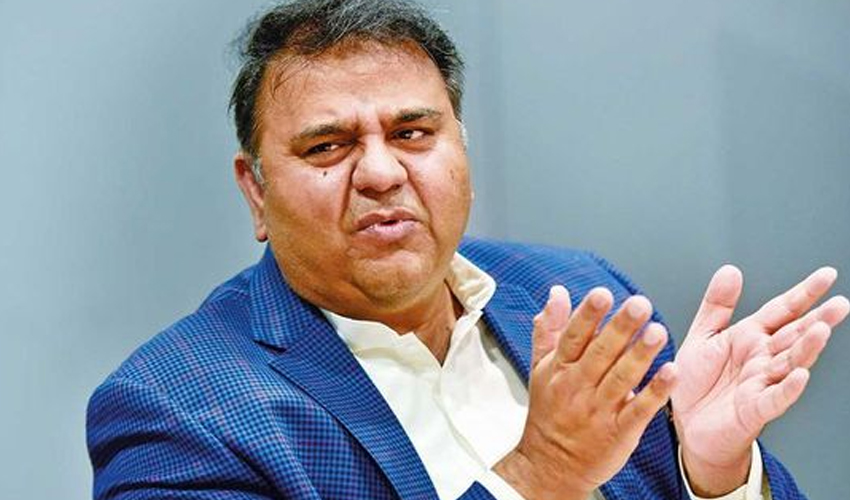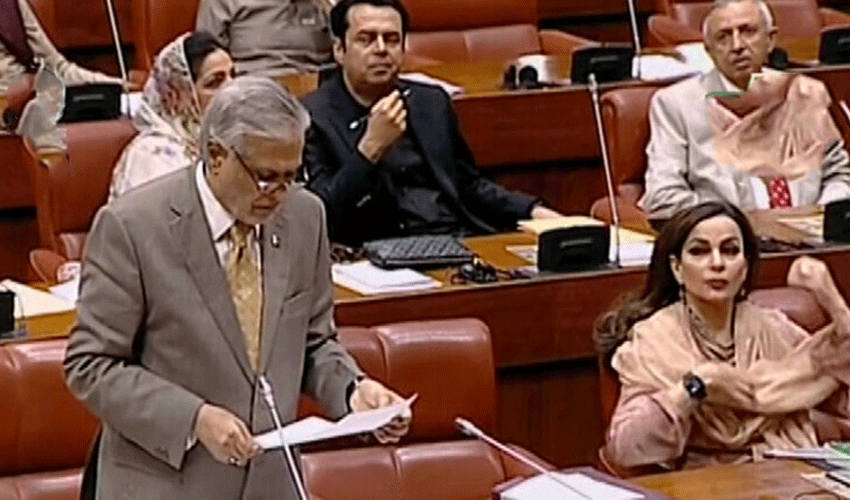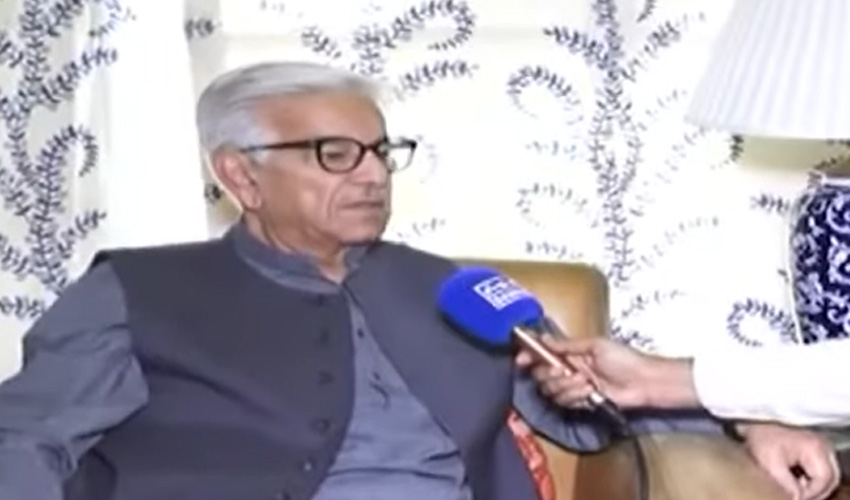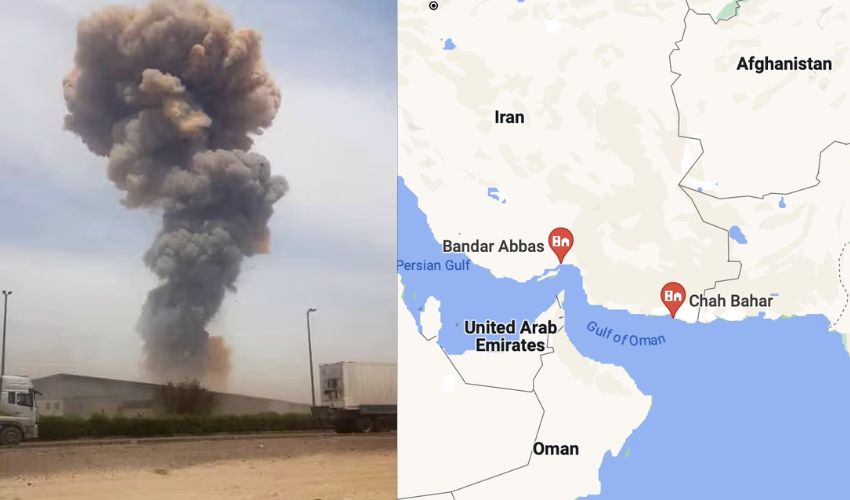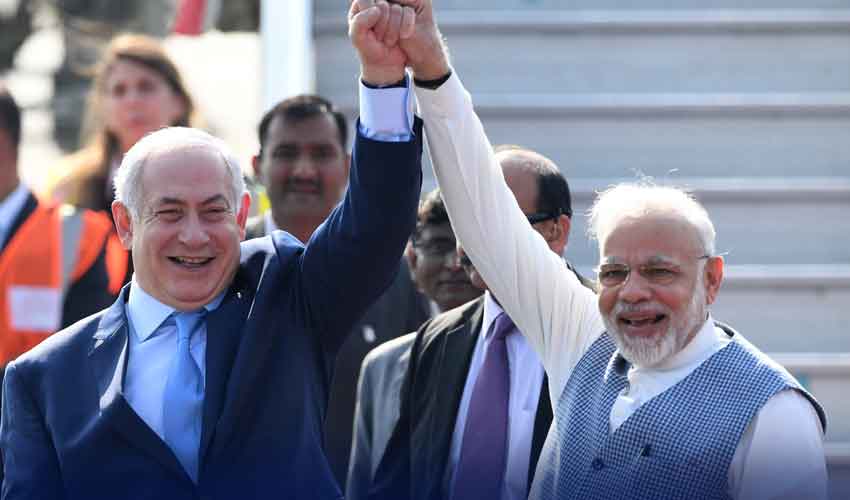Fawad Chaudhry, a senior leader of Pakistan Tehreek-e-Insaf (PTI), has shared his views on the political implications surrounding the release of the PTI founder.
Chaudhry emphasized that the release of PTI's founder would pave the way for new elections, signaling a major shift in the country's political landscape. He warned that the founder could launch a campaign that would make it difficult for the government to function. He also stated that the government wishes for the PTI founder’s release to occur only if elections are not on the horizon.
Chaudhry mentioned that global pressure is driving ongoing negotiations and that the political situation might change following the arrival of former U.S. President Donald Trump. He also noted that the current government could not afford to refuse U.S. demands and that the pressure is beginning to shift in favor of PTI.
Fawad Chaudhry revealed that government members had attempted to facilitate meetings between PTI leaders and the founder but were unable to proceed due to restrictions. He stressed that both the government and the establishment need to create a clear policy on what they wish to achieve.
Chaudhry also stated that personal attacks against institutions and their heads should be avoided and that politicians like Salman Akram Raja, who are not involved in politics but are associated with figures like Nawaz Sharif, should not be treated as political leaders.
Shahid Khaqan Abbasi critiques govt, negotiations
Shahid Khaqan Abbasi, former Prime Minister and leader of Pakistan Muslim League-Nawaz (PML-N), also weighed in on the ongoing political developments. Abbasi expressed doubts about the future of negotiations between the government and PTI, stating that the government is not in a position to meet PTI’s demands. He suggested that negotiations are merely for show and that no real progress is being made.
Abbasi further critiqued the current government's performance, stating that it lacks the mandate and authority to address Pakistan’s economic challenges. He pointed out that inflation remains high and the country’s economic situation has not improved under the current administration. Abbasi also commented on the ongoing debates about civilian trials for military personnel, adding that the United States could exert pressure on Pakistan over human rights issues.
Barrister Aqeel’s views
Barrister Aqeel also shared his insights on the political and legal landscape. He warned that recent statements made by government officials against the Prime Minister and institutions could influence the ongoing negotiations. Aqeel noted that the PTI founder’s current attitude could hinder the negotiation process.
Aqeel also mentioned the potential penalties in the 190 million-pound case, where the maximum sentence could be 14 years. He suggested that the founder could request the government to consider his security and health in the transfer process. Additionally, Aqeel raised concerns about the kidnapping of employees in Laki Marwat, questioning the provincial government's handling of the issue. He reiterated that if the provincial government requests help, the federal government would be required to step in.
Aqeel discussed developments in cryptocurrency, indicating that work is ongoing in this sector.





